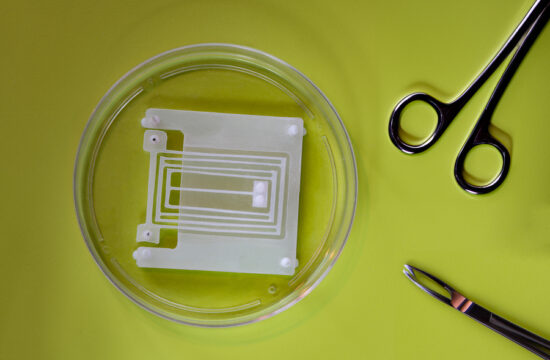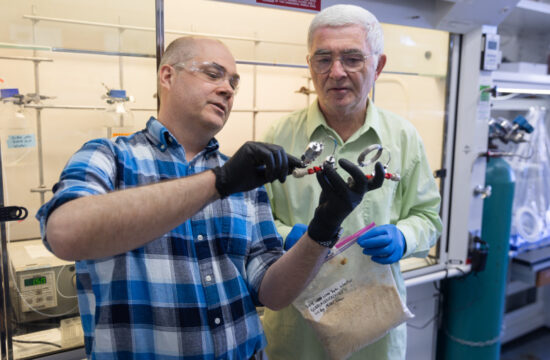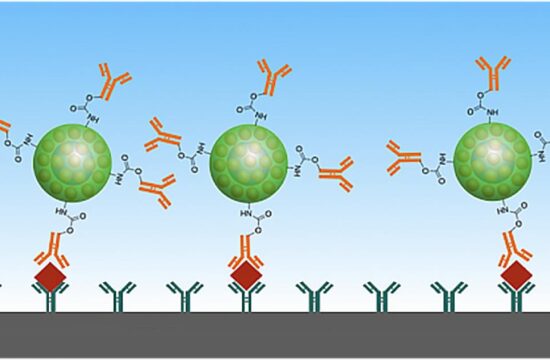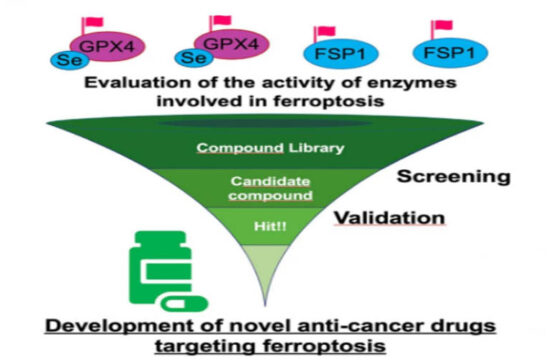 “Take two aspirins and call me in the morning,” is no longer a mantra just for doctors. New research suggests that the drug may be a novel therapy for another group of practitioners: dentists.
“Take two aspirins and call me in the morning,” is no longer a mantra just for doctors. New research suggests that the drug may be a novel therapy for another group of practitioners: dentists.
A preventable disease, tooth decay affects billions worldwide. The condition results in cavities, nerve damage, pain and loss of tooth structure. Treatment involves fillings which, as many of us have experienced, may need to be replaced over the course of a lifetime.
Now, new research from Queens University Belfast has revealed that aspirin could reverse the effects of tooth decay.
The researchers combined genomics and novel bioinformatics to identify aspirin as a candidate drug. It appears that aspirin’s properties stimulate existing stem cells in the tooth to promote regeneration of the damaged tooth structure.
According to a university statement, treatment of stem cells from teeth with low-dose aspirin significantly increased mineralization and the expression of genes responsible for forming dentine, the hard tooth structure that is usually damaged by decay. The researchers believe this novel discovery, coupled with the known anti-inflammatory and pain relieving effects of aspirin, could provide a unique solution for controlling tooth nerve inflammation and pain while promoting natural tooth repair.
“There is huge potential to change our approach to one of the biggest dental challenges we face,” said principal investigator El Karim. “Our initial research findings in the laboratory suggest that the use of aspirin, a drug already licensed for human use, could offer an immediate innovative solution enabling our teeth to repair themselves.”
The team’s next step is to develop an appropriate delivery system to test the drug efficacy in a clinical trial.
The findings were presented at the British society for Oral and Dental Research Annual Conference.
Source: dddmag







